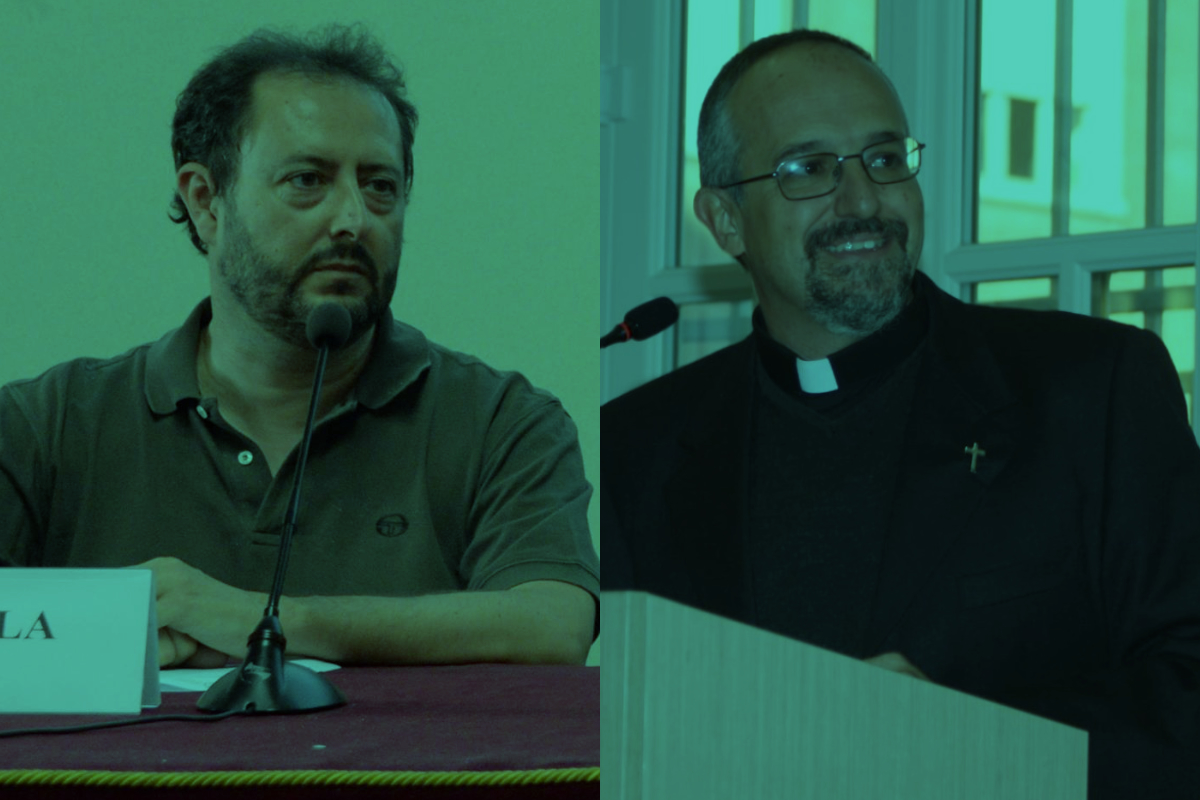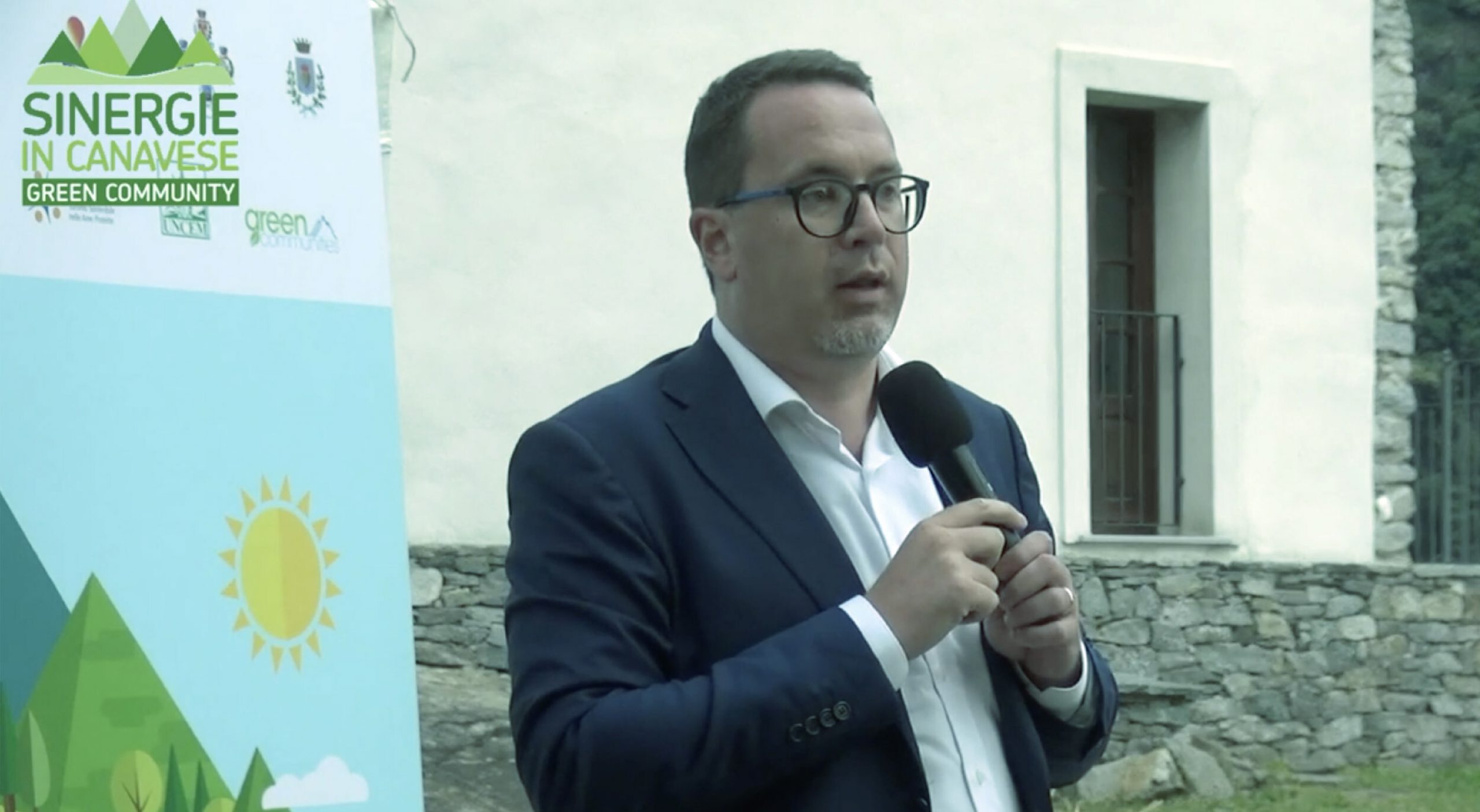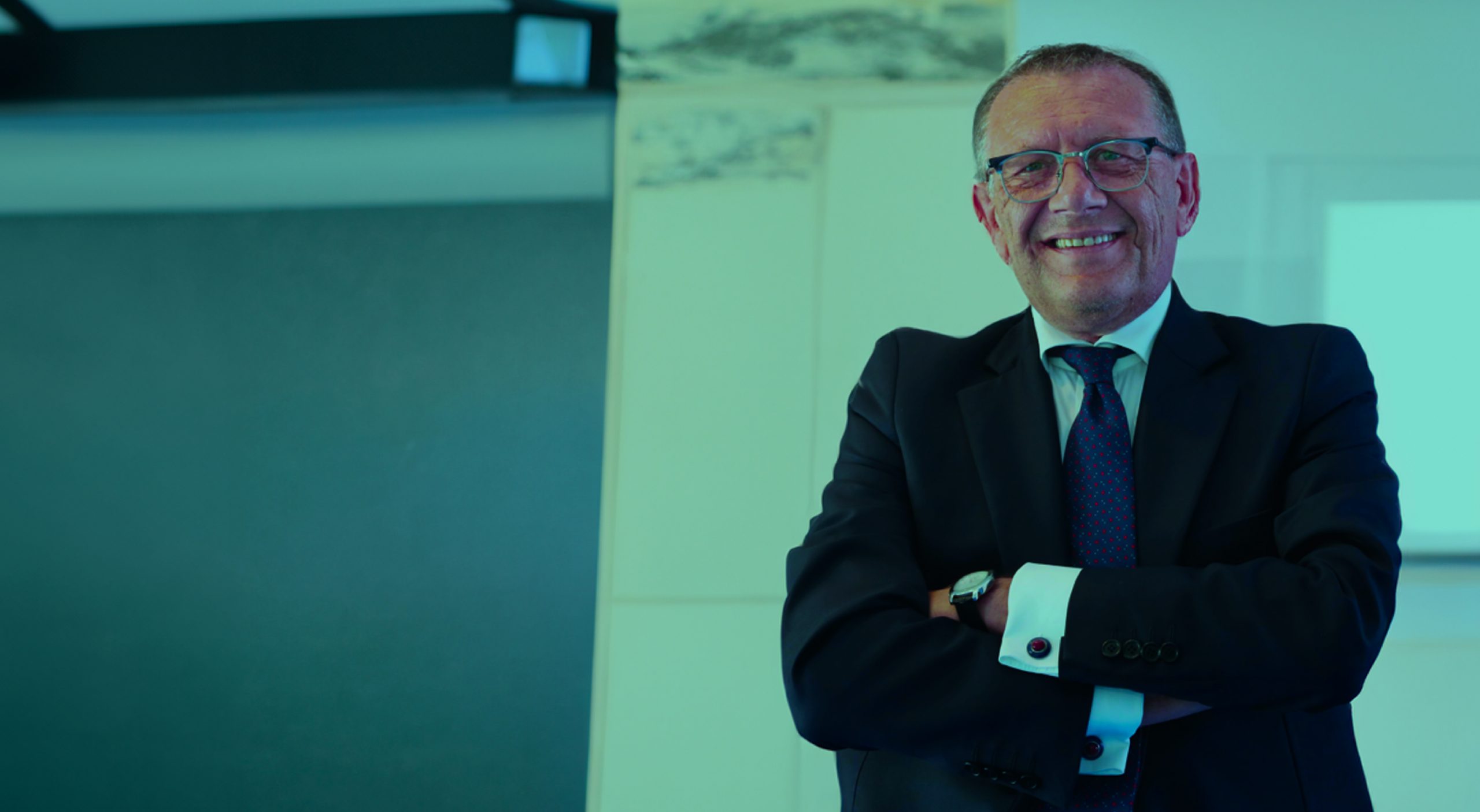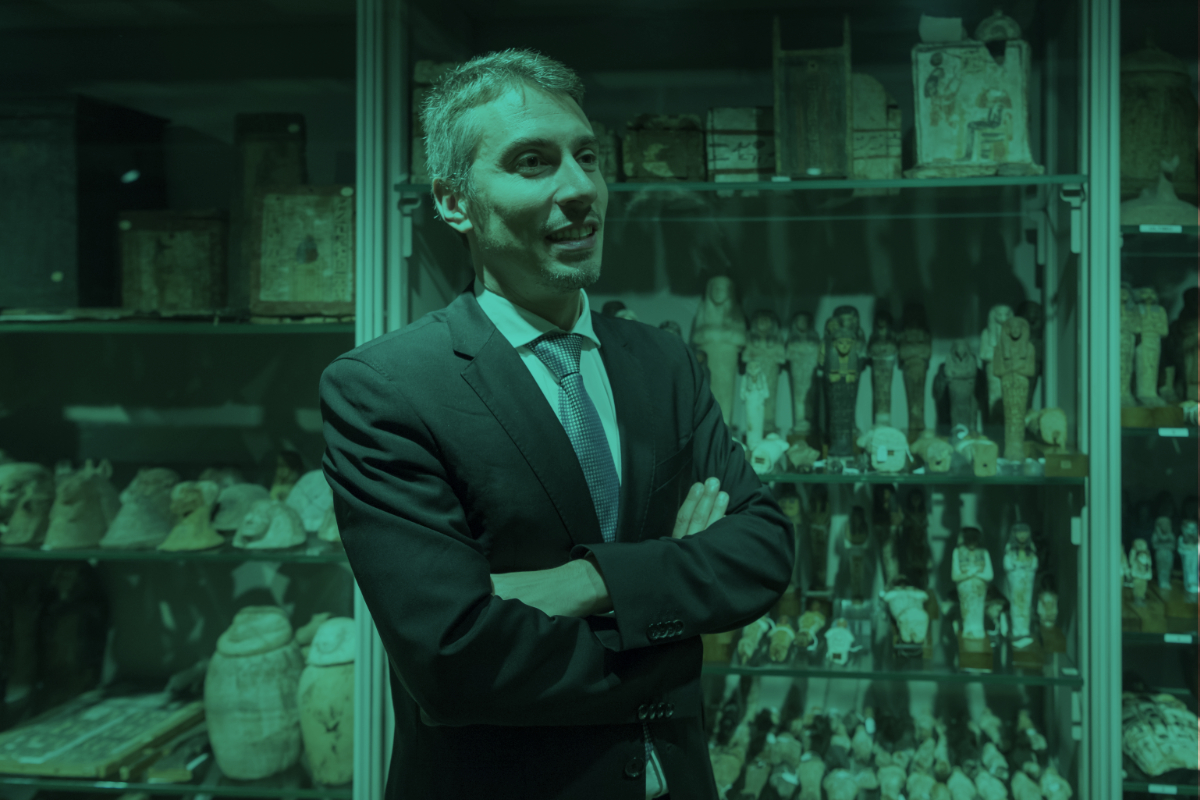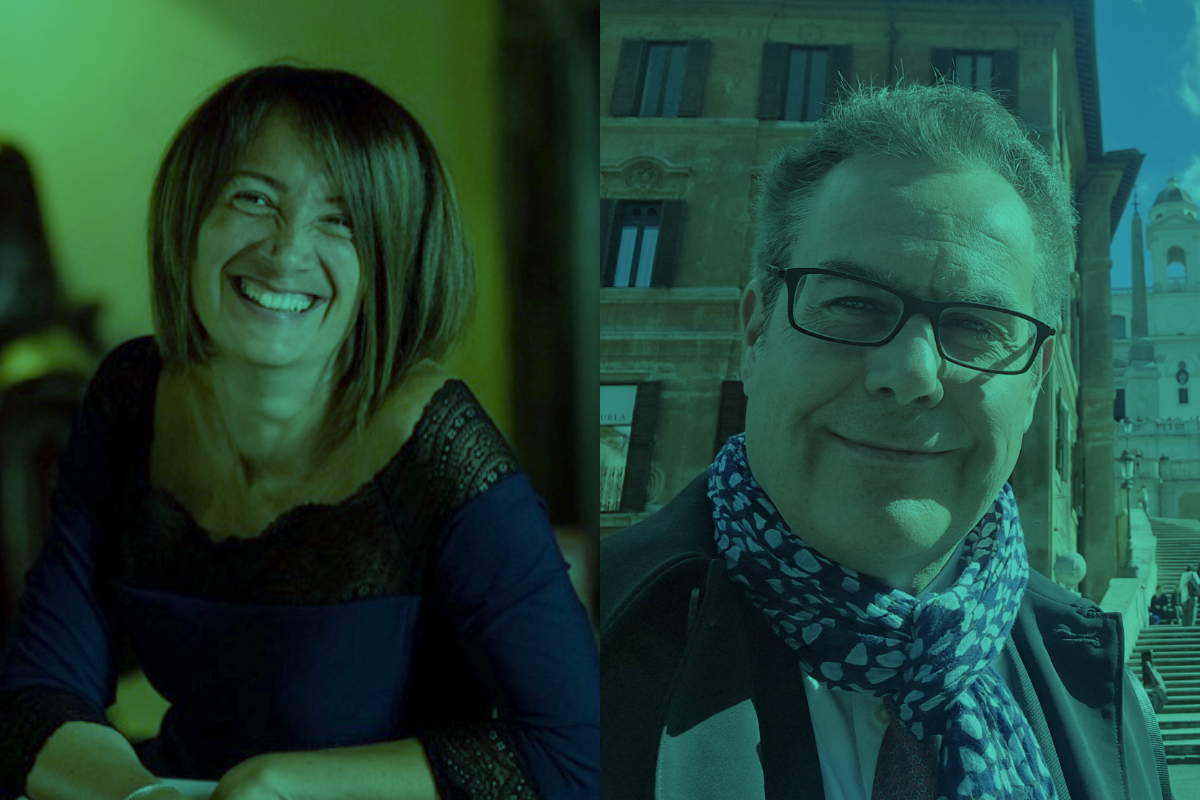by Pier Paolo Luciano
Boella, professor and founder of Sipeia: “An energy-consuming technology that can benefit the environment. Italian SMEs are disadvantaged compared to large companies that can afford capital and expertise.” Don Peyron: “No need to fear, but it’s a tool that generates culture and is therefore not neutral. It must be governed. It can help the third sector with challenges related to solidarity and inclusion.”
 In Turin, after a long period of “stop and go,” the AI4industry foundation is taking off – Italy’s first artificial intelligence center, currently focused on two missions fertile in Turin: automotive and aerospace. A series of studies provide an estimate of the value of this new sector in the economy. The Anitec-Assinform report estimated the Italian AI market at €570 million in 2023, expected to grow to €1.2 billion in two years. These are small figures compared to the global AI market value of €135 billion. However, the growth rate is promising: experts predict an annual performance increase of 30%. Marco Gay, president of Confindustria Piemonte, advises against considering AI as a cutting-edge technology, referring to it instead as a “near future” technology, explaining the next step: integrating it into industrial supply chains. The “new internet” will thus be a fundamental link in production processes.
In Turin, after a long period of “stop and go,” the AI4industry foundation is taking off – Italy’s first artificial intelligence center, currently focused on two missions fertile in Turin: automotive and aerospace. A series of studies provide an estimate of the value of this new sector in the economy. The Anitec-Assinform report estimated the Italian AI market at €570 million in 2023, expected to grow to €1.2 billion in two years. These are small figures compared to the global AI market value of €135 billion. However, the growth rate is promising: experts predict an annual performance increase of 30%. Marco Gay, president of Confindustria Piemonte, advises against considering AI as a cutting-edge technology, referring to it instead as a “near future” technology, explaining the next step: integrating it into industrial supply chains. The “new internet” will thus be a fundamental link in production processes.
But one might wonder about the effect of AI on the impact economy. Guido Boella, a professor at the University of Turin and founder of SIpEIA (the Italian Society for AI Ethics), states that “AI certainly optimizes many aspects of production. Therefore, it can help companies make their production cycles more efficient, saving energy resources and benefiting the environment.” He quickly adds, “On the other hand, there is a negative impact. AI is currently an energy-consuming technology. A simple example: a question to chatGPT consumes as much energy as recharging a smartphone. Two main issues are high water and energy consumption, often from non-renewable fossil sources, evidenced by China’s recent record coal consumption. The hope is that as servers and AI processes evolve, energy consumption will decrease.”
AI’s learning phase is highly resource-intensive. chatGPT succeeded where others failed by scaling up, which means higher consumption. However, it’s only a matter of time before AI’s energy impact is reduced, though this remains uncertain for now.
Boella highlights another uniquely Italian issue: “The backbone of our economy consists of small and medium-sized enterprises (SMEs). Their small size makes advanced digitalization processes difficult. However, there are tools available to support SMEs. For example, the European Union has set up 250 European digital innovation hubs alongside general subsidies to help businesses transition to AI.” In Italy, 13 of these are co-funded by the EU and more than 20 are linked to the national recovery and resilience plan (PNRR). These “one-stop shops” receive funds from Brussels and provide free or subsidized services to support digital upgrading processes. Europe’s ultimate goal is to facilitate a dual transition: technological and ecological. Boella notes that Piedmont is well-placed in this regard with four centers: two managed by the University of Turin and two by the CIM4.0 competence center.
However, the social aspect of the “new internet,” as defined by Gay, needs evaluation. Can it be socially sustainable? Boella sees a real risk: “Given the scale of investments, there could be significant inequality between large companies that can afford capital and expertise and the rest of the businesses.” Furthermore, “It is essential to understand whether AI is imagined to assist existing workers or replace them. If the latter prevails, there will be job cuts, leading to significant social costs.” These market dynamics apply to sectors like healthcare too. Boella explains, “Will AI assist doctors to improve performance, or will it replace them with machines making diagnoses?” He adds, “This also affects culture and information: AI uses articles, essays, and books covered by copyright. There is a real risk of lowering workers’ rights. Hence, the need for conscious, ethical, and safe use of AI.”
Don Luca Peyron, director of the digital apostolate of the diocese of Turin and the initiator of the idea of Turin as the AI capital, says that discussions on AI often highlight its criticalities, causing fear of this modern Moloch. “Yet, it is a general technology like electricity or the internal combustion engine, applicable everywhere. The difference is that it generates culture, hence it is not neutral. But it’s not about giving a green or red light to its use.” How can it assist the third sector? “Although not created for this purpose, social enterprises and the third sector must use it optimally to promote core principles like solidarity, inclusion, and protection of vulnerabilities.” It’s all about algorithms and how we educate them, i.e., the data we feed them.
Don Peyron adds, “The ethical and value load makes a difference from an entrepreneurial perspective too. If we build machines that do not make people happier to be themselves, they will not be bought. This, however, must happen within a democratic context. Currently, some jurists note, we live in a neo-feudal period where democracy is suspended, controlled by a few large companies managing new technologies. Thus, this flaw needs to be addressed first.”


